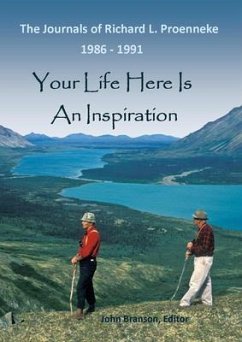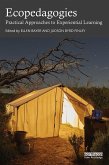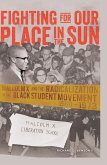The purpose of this fourth volume of The Journals of Richard L Proenneke is to continue to edit and annotate them for the reading public. Even though age was advancing on Proenneke he still maintained his busy life at his beloved Twin Lakes full of energy, with a passionate interest and an acute understanding of Nature. He still hiked and wrote and cut wood with nearly the same amount of vigor as before. He stayed busy all day, just pausing for a quick lunch, and then he was engaged in some task or tasks until it was time for supper. After he cooked and ate his humble meal and washed dishes, he took up his pen to document the day's events.
He always awoke early and during breakfast he fed his pet "camp robbers" and then would let the weather set his agenda. If it was stormy he might boil a pot of beans and write letters; and if it was fair he would usually go hiking or paddle his canoe so he could keep track of his neighbors: from moose and wolves to rabbits and spruce grouse, and in the summer, park visitors and rangers. Or if his woodshed was running low, he would go after a windblown spruce to make firewood for the insatiable maw, that was his cook stove-heater.
The visitation to Twin Lakes was steadily growing in the late 1980s and early 1990s. RLP was a Volunteer-In The-Park and he took his role very seriously, as he did for all the tasks to which he applied himself. He met and greeted and helped many park visitors offering them advice on hiking routes and even ferrying them in his canoe or hauling their packs and supplies to various camping spots around Twin Lakes.
In addition, Proenneke assisted National Park Service rangers, archeologists, historians, and university and Army glaciologists with logistics, clean-up of derelict cabins, and by sharing his knowledge of the Twin Lakes ecosystem. RLP also was in great demand at Port Alsworth to help with diesel mechanics, heavy equipment operations, carpentry, and gardening and wood cutting. A few days he would wake up in his own bed and get flown to Port Alsworth, work on a task, and then be flown back to his cabin, only to turn in to his own bed once again, after a hurly-burly day of work and flying.
He always awoke early and during breakfast he fed his pet "camp robbers" and then would let the weather set his agenda. If it was stormy he might boil a pot of beans and write letters; and if it was fair he would usually go hiking or paddle his canoe so he could keep track of his neighbors: from moose and wolves to rabbits and spruce grouse, and in the summer, park visitors and rangers. Or if his woodshed was running low, he would go after a windblown spruce to make firewood for the insatiable maw, that was his cook stove-heater.
The visitation to Twin Lakes was steadily growing in the late 1980s and early 1990s. RLP was a Volunteer-In The-Park and he took his role very seriously, as he did for all the tasks to which he applied himself. He met and greeted and helped many park visitors offering them advice on hiking routes and even ferrying them in his canoe or hauling their packs and supplies to various camping spots around Twin Lakes.
In addition, Proenneke assisted National Park Service rangers, archeologists, historians, and university and Army glaciologists with logistics, clean-up of derelict cabins, and by sharing his knowledge of the Twin Lakes ecosystem. RLP also was in great demand at Port Alsworth to help with diesel mechanics, heavy equipment operations, carpentry, and gardening and wood cutting. A few days he would wake up in his own bed and get flown to Port Alsworth, work on a task, and then be flown back to his cabin, only to turn in to his own bed once again, after a hurly-burly day of work and flying.
Dieser Download kann aus rechtlichen Gründen nur mit Rechnungsadresse in A, D ausgeliefert werden.









